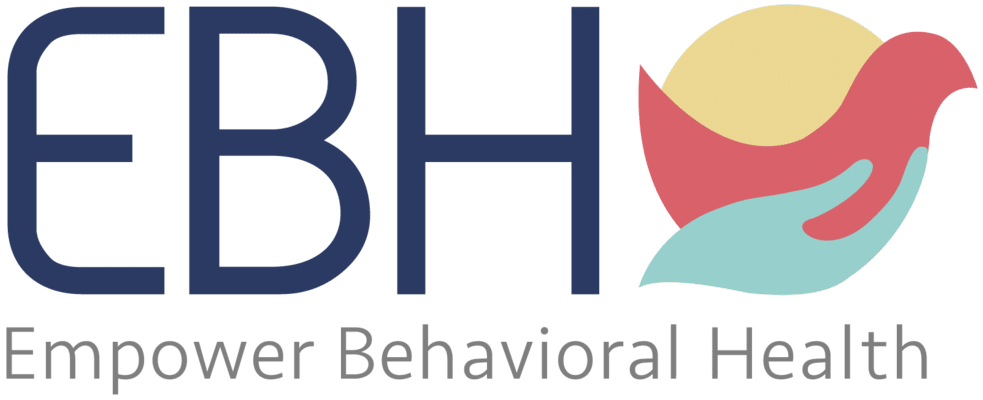How Early Can You Test For Autism?

As a parent, you may be concerned about your child’s development and want to learn more about autism spectrum disorder (ASD). Early detection and intervention are key for helping children with autism reach their full potential. With the right resources and medical professionals available, understanding the nuances of diagnosing autism can provide insight into how best to support your child throughout his or her development journey.
How Early Can Autism Show in Children?
Autism is a condition that can present itself in the early stages of a child’s life, and detecting autism early can be an important factor in addressing the symptoms and underlying causes as soon as possible. Autism is a complex condition with a wide range of symptoms, and these symptoms can manifest at different ages depending on the individual. It is possible for autism to show in toddlers as young as 18 months old or even earlier, but autism may go unrecognized until around 4-5 years old due to changes in development and behavior.
Early Warning Signs of Autism
Early detection of autism is crucial in order to provide necessary resources to those affected. If a child is displaying certain behaviors, they may be the early warning signs of autism.
Such behaviors include:
- Delayed speech development
- Failure to respond when called by name
- Repetitive or restricted behaviors such as lining up toys or playing in certain ways only
- Difficulty making eye contact
- Disruption of regular sleep patterns such as difficulties falling asleep or staying asleep
- Increased sensitivity to loud noises and crowded areas
Common Signs of Autism in Toddlers and Babies
As children grow, so do the signs and symptoms of autism. Many toddlers and preschoolers who are on the autism spectrum demonstrate repetitive behavior patterns, have difficulty interacting with others and struggle to express their emotions. They may also have a difficult time focusing on tasks or activities for extended periods of time.
Other common first signs of autism in babies and toddlers include:
- Unusual patterns of movement such as flapping
- Changes in eating habits and food aversions
- A lack of response to their own name
- Difficulty engaging in conversations and responding to questions
- Limited facial expressions
- Lack of eye contact
- Repetitive behaviors
If any of these potential signs of autism apply, consult your healthcare professional for more screening for autism spectrum disorder. The earlier autism is detected the greater the chances of success with interventions.
Delayed Signs of Autism
Autism can be difficult to diagnose, particularly because the signs and symptoms may present much later than the typical autism diagnosis age range. Delayed signs of autism can be challenging to recognize since some behaviors associated with autism aren’t immediately obvious and may have been overlooked previously.
Parents often need to look out for different behaviors, such as:
- Difficulty with communication
- Changes in social behavior, or social withdrawals
- Unusual interests or obsessions
- Changes in sleeping patterns
- Hypersensitivity
If autism is suspected, it is important to seek help from a medical professional early on so that the individual has access to care and strategies tailored specifically to their needs.
How to Get an Autism Diagnosis for a Child
If you think your child may have autism, it is important to get a professional diagnosis. This can be done through a multidisciplinary team of specialists that typically includes psychologists, physicians, and neurologists.
The process usually begins with an initial assessment or screening from your family doctor. They will ask questions about any behaviors that may indicate signs of autism. The doctor may also recommend further testing or screening by an expert in the field to make a formal diagnosis.
Once a diagnosis is made, your family doctor will work with you and other specialists to create an individualized care plan for your child. This plan should take into account any therapies and strategies that can be used to manage their symptoms and help them reach their full potential.
Autism Evaluations at Empower Behavioral Health
While it may be scary to think about autism, early detection could make a world of difference for your child. Symptoms of autism can vary from person to person, but if you do suspect your child is on the autism spectrum, seeking help can be beneficial.
At Empower Behavioral Health, we provide in-person and virtual autism evaluations for any age. Our team of professionals has years of experience and expertise that can shape your understanding and approach to autism care for your child. As a parent, it’s important to understand that there are options and support available, contact us today to learn more or get started!

